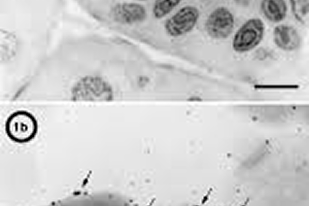Also known as: HPV
Hepatopancreatic Parvovirus (HPV) is a viral pathogen known to infect penaeid shrimp, particularly juvenile stages. It is a small, single-stranded DNA virus belonging to the Parvoviridae family. HPV primarily targets the hepatopancreas, an essential organ for digestion and nutrient absorption in crustaceans. Infected shrimp may appear clinically normal, but under microscopic examination, characteristic intranuclear inclusion bodies are observed in the epithelial cells of the hepatopancreas. Although not typically associated with acute mortality, HPV infections can lead to chronic health problems, reduced growth rates, and increased susceptibility to other diseases, particularly under stressful environmental conditions.
Distribution: Reported in Asia, Latin America, and parts of Africa
Detection Methods: Histopathology; in situ hybridization; PCR
Hosts: Penaeid shrimp (e.g., Penaeus monodon, Penaeus vannamei)
Target Tissue: Hepatopancreas

We help identify and prevent fish diseases, supporting sustainable aquaculture and healthy ecosystems.
Follow us
©Copyright 2025 | Powered by Fish Disease Org | Associated with Kentucky State University
Designed & Developed by Achieve Digital & Webgen Technologies
Get a personalized walkthrough of our platform and learn how to use our pathogen database, image galleries, and diagnostic tools effectively.